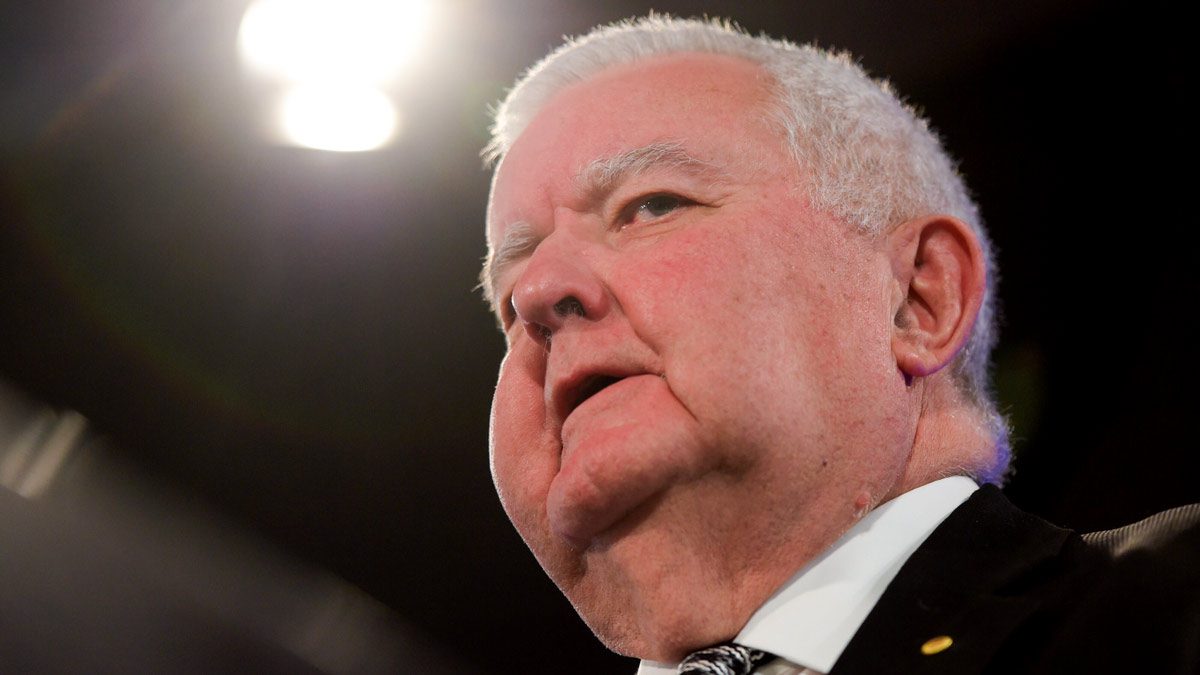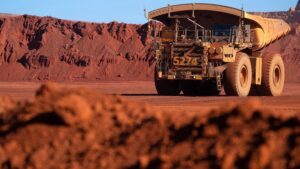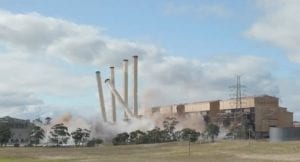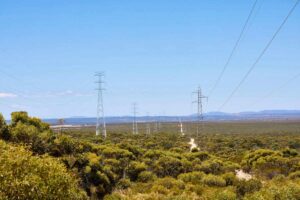Federal climate change and energy minister Chris Bowen has launched a promised independent review into the troubled Emissions Reduction Fund, appointing a former chief scientist to investigate claims the scheme lacks environmental integrity.
The Emissions Reduction Fund – and Australia’s fledgling carbon market more broadly – was rocked earlier this year after the former chair of the scheme’s watchdog turned whistle-blower with claims the carbon offsets issued under the scheme lacked integrity and amounted to a “fraud on the environment”.
The claims have been dismissed by the Clean Energy Regulator, which administers the scheme, and the former Morrison government. But on Friday, the new Albanese government commissioned an independent review of the offsets regime.
“The Government wants to make sure it remains a strong and credible scheme supported by participants, purchasers and the broader community. The review will achieve that goal,” Bowen said in a statement.
The review will be chaired by former chief scientist and former vice-chancellor of the Australian National University, Ian Chubb. In his former role as the chief scientist, Chubb sat on the inaugural board of the Climate Change Authority.
Chubb will be joined by an as-yet-unannounced panel of four other experts to conduct the review.
The genesis of awarding ACCUs to carbon offset projects was the Carbon Farming Initiative established under the Gillard government. It was morphed into the flagship emissions reduction policy of the Abbott Government, and the new Albanese government will rely on the scheme as part of a revamp of the Safeguard Mechanism.
While the purpose of the review is nominally about ensuring the offsets regime can be repurposed by the Albanese government as part of its new climate policy package – its most important task will be restoring confidence that the scheme is actually environmentally sound.
According to the terms of reference for the review, the panel will consider questions of integrity around the Australian Carbon Credit Units (ACCUs) issued under the Emissions Reduction Fund, including whether the scheme’s governance and carbon offset methodologies remain fit-for-purpose.
Bowen has specifically tasked the review panel to examine the recent claims regarding offset methodologies that apply to human-induced regeneration, carbon capture and storage, avoided deforestation, and landfill waste gas projects.
The review will report to the government with findings and recommendations within six months and before the end of the year.
Labor had flagged its intention to conduct a review of the Emissions Reduction Fund before the election and before claims were made by former chair of the Emissions Reduction Assurance Committee, Andrew Macintosh, that many of the offsets issued under the scheme were not backed up by actual reductions in emissions.
Bowen said that the review would consider the integrity issues raised by Macintosh, as well as ensuring the scheme can be used by the new government to meet its new emissions reduction targets.
“The Review Panel will consider these concerns by examining the governance arrangements and legislative requirements, the integrity of the key methods used and the broader scheme settings that affect the integrity of ACCUs.
“Carbon markets have enormous potential to support Australia’s ambition to cut emissions by 43 per cent below 2005 levels by 2030, achieve net zero emissions by 2050 and boost the economy.”
“A strong carbon crediting system will encourage more organisations to take steps to reduce their emissions, help Australia meet its emissions reduction targets and better support our regional economies,” Bowen added.
The review was welcomed by critics and supporters of the Emissions Reduction Fund alike.
The Australia Institute, which has led calls for an overhaul of the scheme, welcomed the broad scope of the review, including an examination of the scheme’s governance arrangements.
“Integrity must sit at the heart of Australia’s climate policies. The review is welcome and critical to ensure any climate target legislated by the Australian Parliament is met credibly,” the director of the Australia Institute’s climate and energy program, Richie Merzian, said.
“The appointment of respected former Chief Scientist Ian Chubb AO as the review chair demonstrates a clear commitment from the federal government to investigate the serious integrity concerns that are eroding confidence in Australia’s carbon market.”
“Importantly, this review will extend to the governance arrangements of the Emissions Reduction Fund (ERF). This should include the many roles of the Clean Energy Regulator, which co-designs the methods, regulates the market and purchases most of the carbon credits and the associated Emissions Reduction Assurance Committee.”
The Carbon Market Institute, whose membership includes the bulk of participants in the Emissions Reduction Fund and carbon traders, likewise welcomed the review.
“We are now on the cusp of a historic shift from taxpayer-funded crediting scheme to one that will be driven primarily by the private sector as it takes up demand from greater compliance obligations, but also voluntary commitments in the transition to net-zero emissions,” CEO of the Carbon Market Institute, John Connor, said.
“However, for the market to serve its purpose of driving real and additional emissions reductions and removals, and directing finance to where it’s most needed, the priority must be to make sure our carbon credits and their governance are fit for purpose.”
“As such, we support the upcoming review as a key opportunity to build on and improve the integrity and investability of the carbon crediting framework that can also be leveraged for significant environment, Indigenous and other social co-benefits supporting sustainable land management and biodiversity conservation,” Connor added.








